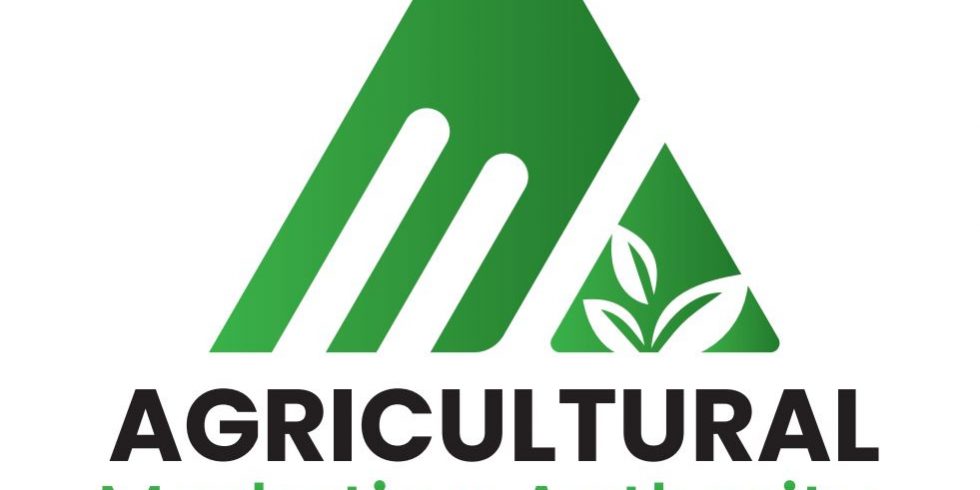Word from the Market with AMA
Zvishavane is popularly known as the hub of mining activities in the Midlands province. However, in recent years, the town has been slowly emerging as an agricultural hub. An increase in horticultural activities is behind this transformation and the effects are starting to be felt in the local agricultural sector. At the centre of the growth of horticulture is the materialisation of the government thrust that emphasises the growth of the horticulture the sector
Last week, Zvishavane hosted the inaugural Midlands Horticulture Expo under the theme “Explore, Connect and Earn.” The main purpose of the expo was to create linkages between farmers, investors, and value chain players. The main word to come from the event was that farmers were failing to find markets to sell their produce.
A leading factor in the success of smallholder farmers is access to markets. Market access refers to the ability of farmers to seize available market opportunities. During the expo, the Agricultural Marketing Authority established that most farmers in the Midlands province, especially Mberengwa are organised into groups or associations. However, it has been difficult for their produce to find a way to organised food markets which are mainly found in the urban areas.
Being organised for farmers facilitates better market access and linkages. The success of these farmers is also hinged on timely access to relevant market information which will enable them to be active participants in the mainstream economy. Part of the reason farmers are failing to break into the lucrative channels is because of small quantities they produce and the low quality of the product which is not preferred by the major buyers and off-takers. Hence, aggregation of produce, which is only possible if farmers are organised, will increase their bargaining power for better prices.
Once farmers are registered and organised into groups, it makes it easy for the Agricultural Marketing Authority to facilitate market access, through bringing together the buyers and the farmers.
Mr Charles Dhewa of Knowledge Transfer Africa (Emkambo) says once a product has a market, the potential for re-investment and expanding production increases.
“In recent decades, some Zimbabwean rural communities have seen indigenous fruits like baobab fruit and Nyii from their areas becoming a source of income and livelihood.
Such trends have incentivized these communities to protect indigenous forests and trees. By creating space for indigenous food, African mass markets have also increased the value of indigenous food systems, leading to some people replacing exotic fruit trees with indigenous fruit trees in their gardens and orchards.”
The farmer registration program that the AMA is currently spearheading will create a database that will enable increased market participation by smallholder farmers. As farmers are linked to buyers, there is a creation of a market-led pricing environment and improved incomes.
Speaking at the Zvishavane Expo, Deputy Minister of Lands, Agriculture, Fisheries, Water and Rural Development Vangelis Haritatos said “The horticultural sector has potential to increase its production, reaching national sufficiency and export of surplus. The subsector can contribute to a robust agricultural sector complementing towards attaining vision 2030 through import substitution, food security, employment creation and household income”
As farmers continue to create organised groups for the purpose market access continued growth of the agricultural sector will be realised. Improved market access as well as development of local markets will increase horticulture production and better livelihoods for farmers.
Word from the market is a column produced by the Agricultural Marketing Authority. Feedback mmlambo@ama.co.zw or gmashiri@ama.co.zw





